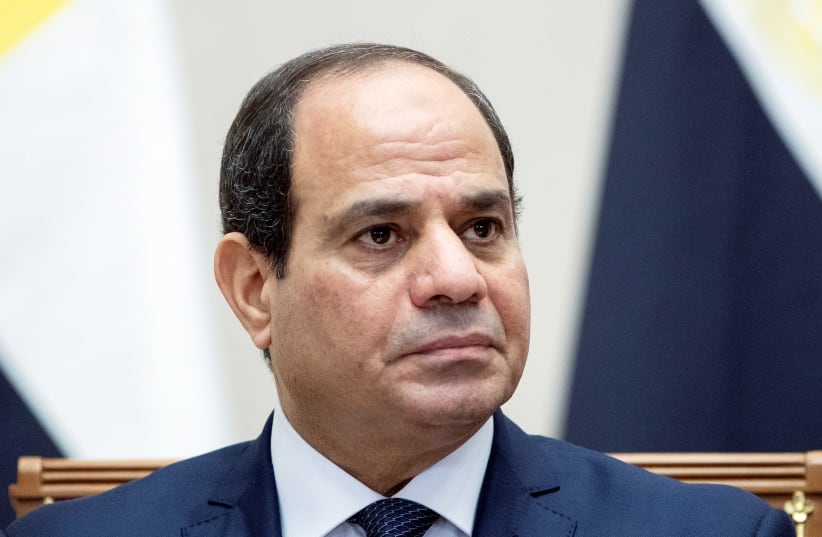Egypt looking for outside support aimed at extending Sisi’s term in office
On April 9, Sisi heads to Washington, where he will meet with Trump to cement “Egypt’s longstanding role as a lynchpin of regional stability,” according to a White House statement issued on Friday.
